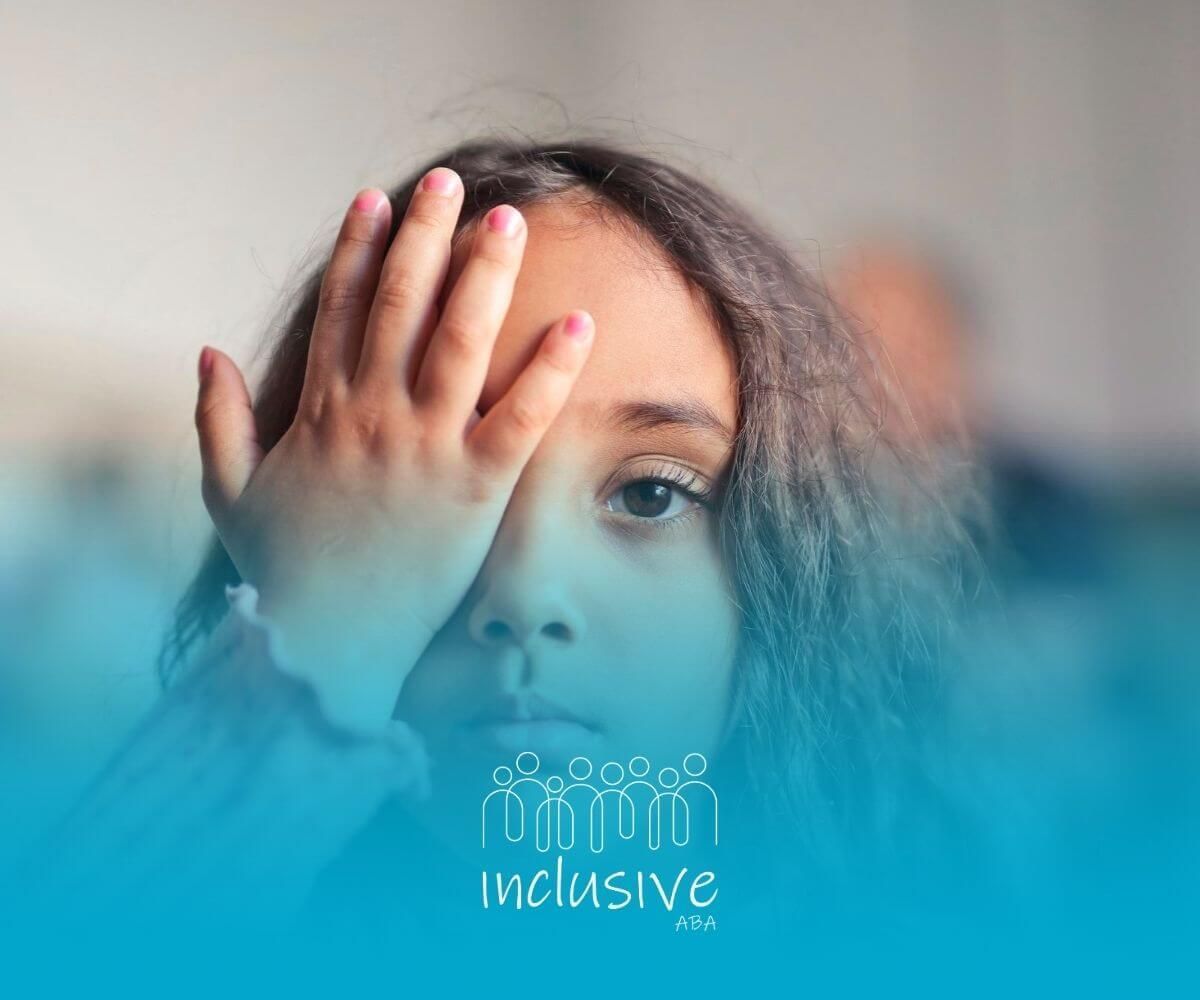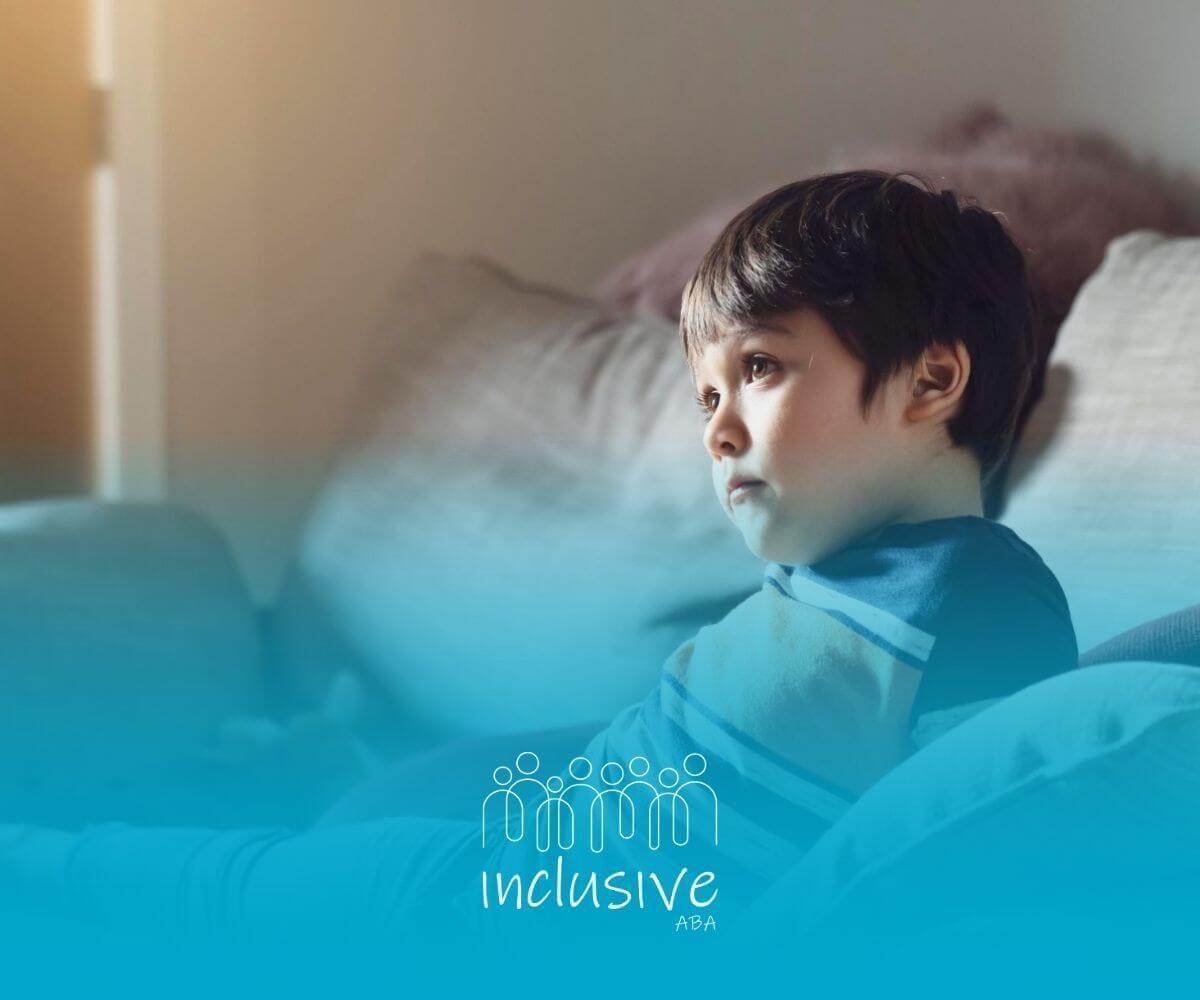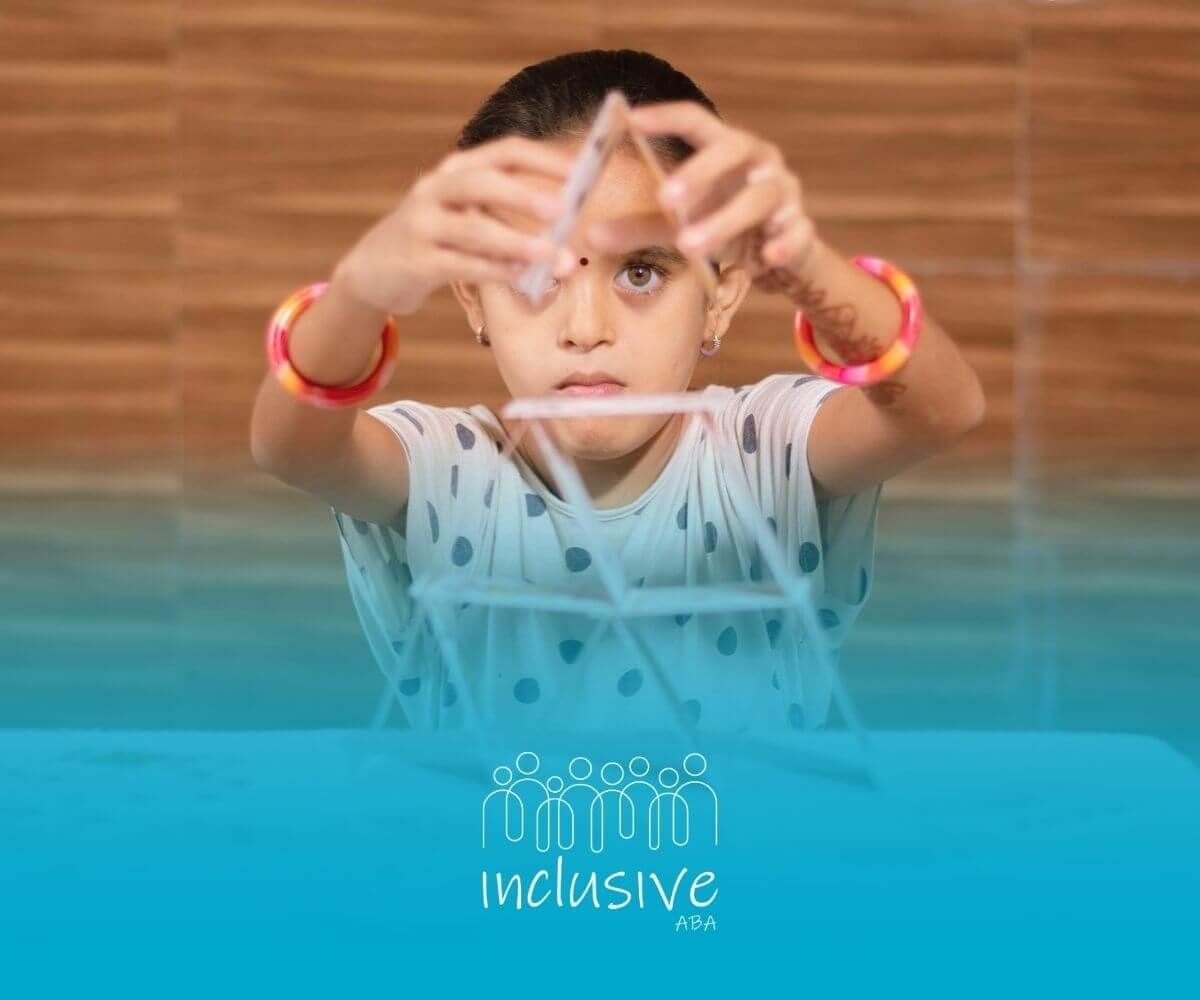Exploring ABA Therapy Programs in Nebraska for Autism
Understanding ABA Therapy
When it comes to understanding Applied Behavior Analysis (ABA) therapy, it's a bit like knowing how to ride a bike—once you get the hang of it, it opens up a whole new world. For parents, teachers, and therapists dealing with kids on the autism spectrum, ABA is a tool you want in your kit. Here, we'll talk about how ABA works and why it's making waves in the field.
Effectiveness of ABA Interventions
ABA's got a pretty solid reputation for being a real game-changer. It's not just for kids with autism; anyone with different challenges can benefit. Tons of research shows that ABA helps improve behaviors that can cause problems and encourages positive changes at home, in school, or anywhere else where life happens.
There’s this famous study by a guy named Lovaas from way back in '87 that put ABA on the map. Kids getting 40 hours of ABA each week aced cognitive improvements compared to those who weren't. Since then, more studies have piled on the evidence that ABA helps with language, brainpower, and social skills. Plus, it can ease anxiety and aggression in youngsters on the spectrum.
Principles of ABA Therapy
ABA's not just some random stuff; it's grounded in scientific rules about how we learn and behave. The main aim? Boost communication, habits that help, and cut down on harmful patterns. But remember, ABA isn't about "fixing" autism—it's about giving folks the skills to live their best lives while celebrating who they are.
Here's the scoop on some ABA basics:
- Individualization: No cookie-cutter approach here. Each program gets tailored to suit someone's unique quirks and strengths.
- Skill Acquisition:
Think of it as teaching life’s basics—how to play, talk to people, keep clean, and handle everyday chores.
- Positive Reinforcement: It’s all about the rewards—the good stuff that encourages repeating the right actions.
The endgame for ABA? It's to build independence and ensure a good quality of life for individuals, rather than "curing" anyone.
Curious to know more about ABA therapy? We've got some helpful links on ABA therapy centers in Nebraska for autism. Happy exploring!
ABA Therapy Sessions
Getting a grip on the setup and regularity of ABA therapy meetings can really help out parents and caregivers looking to boost their kiddo's well-being. Here, we'll check out where these sessions typically occur, how often they happen, and how long they last.
Session Settings and Frequency
ABA therapy often comes in a pack of weekly sessions across home, community, or clinic. Some kids might need up to 40 hours a week to see the best progress. Studies say
the more frequent the therapy, the better kids seem to do in thinking and learning.
| Session Setting | Frequency | Typical Hours per Week |
|---|---|---|
| Home | 3-5 times/week | 15-40 hours |
| Community | 1-3 times/week | 10-20 hours |
| Clinic | 1-5 times/week | 20-40 hours |
Success usually comes from mixing these settings so kids can apply what they learn in different places.
Duration of ABA Therapy
How long ABA therapy lasts can vary, hinging on goals and progress. It can go on from months to a few years, wrapping up when the child hits their milestone targets. For younger kids, especially those starting before age three, a jam-packed schedule of 20 to 40 hours a week is often suggested.
Research notes that many children benefit from ongoing treatment for up to three years. They've seen big jumps in language, mental skills, and making pals. A major study found that those logging in 40 hours a week were much likelier to match their peers in thinking ability, underscoring the strength of early treatment.
| Duration | Typical Outcome |
|---|---|
| Less than 6 months | Limited noticeable change |
| 6 months to 1 year | Possible noticeable gains |
| 1 to 3 years | Big steps forward in many areas |
It's a good idea for parents to check how things are going by having regular assessments and tweak the approach if needed. Finding just the right ABA therapy programs in Nebraska for autism makes sure each kid gets the support they need.
Cost and Insurance Coverage
Peeling back the dollar-and-cents layer of ABA therapy is crucial for families trying to support their kids with autism. Here, we'll unscramble what insurance covers and the dollars you'll need for ABA therapy in Nebraska. Buckle up!
Insurance Coverage for ABA Therapy
Most health plans will lend a hand with ABA therapy costs for kids on the autism spectrum. Because it's backed by research, most insurance plans cover ABA therapy, and families should directly reach out to their insurers to get the lowdown on coverage specifics, like deciding if their favorite therapy crew is in-network. Catching coverage can ease the financial weight on families.
In Nebraska, Medicaid picks up the tab for ABA therapy for kids with autism, giving a nod to it as a covered benefit. Thanks to this, families can grab onto behavioral treatment plans that help sharpen communication and build vital skills. Plus, with the
Affordable Care Act, any plan bought through the Health Insurance Marketplace has to cover mental health services, which ropes in ABA therapy for those signed up.
| Insurance Coverage Type | Notes |
|---|---|
| Private Insurance | Usually handles ABA therapy with in-network folks. |
| Nebraska Medicaid | Covers kids diagnosed with autism for ABA shindigs. |
| School-funded Programs | Maybe covers it all, hinging on assessments. |
Costs of ABA Therapy
Shelling out for ABA therapy can swing wildly, hinging on stuff like how often sessions are, where you're at, and the program details. No insurance? Get ready for some serious wallet thinning. Here's a peek at what you're getting into with ABA therapy prices in Nebraska.
| ABA Therapy Cost Type | Guesstimate |
|---|---|
| Hourly Rate | $120 - $150 per hour |
| Weekly 10-hour program | $1,200 - $1,500 |
| Monthly comprehensive program | $4,800 - $6,000 |
On the sunny side, school-funded gigs might cushion the blow big time, sometimes footing the therapy bill entirely based on each kiddo's needs. Families should exhaust every angle, including looking into ABA therapy centers in Nebraska for autism and nailing down specific funding options they might tap into.
Figuring out insurance and getting a grip on the costs that come with ABA therapy is a must-do for families on the hunt for awesome intervention plans. This wisdom arms families with the ammo to make killer choices for their kids' support.
Types of ABA Programs
ABA therapy for autism packs a real punch, offering different ways to give kids the help they need. You’ve got the Comprehensive ABA Model, the Focused ABA Model, and Early Intensive Behavioral Intervention (EIBI). Each one’s got its own style and perks.
Comprehensive ABA Model
Think of the
Comprehensive ABA Model like a full-on boot camp for skills. It’s pretty intense, with therapy going down several hours a day, multiple days a week. Kids are in it for the long haul with a big focus on their overall skillset, plus it ropes in parents and caregivers for training. The Behavior Analyst Certification Board (BACB) gives it a thumbs-up for kiddos needing a lot of support across the board.
| Feature | Comprehensive ABA Model |
|---|---|
| Duration | Several hours each day |
| Frequency | Multiple days each week |
| Focus | Broad skills across lots of areas |
| Parent Training | Parents and caregivers join the action |
Focused ABA Model
The Focused ABA Model is more like sniping specific problems rather than blanket bombing everything. Perfect for kids needing help in one or two areas, this approach cuts therapy time down to about 10-15 hours a week. It’s a sharp shooter option for when kids have particular needs rather than a whole mix of issues. Specially acute resources head straight toward resolving the major beef.
| Feature | Focused ABA Model |
|---|---|
| Duration | Just 10-15 hours weekly |
| Focus | Zooms in on one or two areas |
| Parent Involvement | High on parent interaction |
Early Intensive Behavioral Intervention (EIBI)
EIBI is the go-to for the little ones, setting them up early with solid ground skills during those super-malleable early years. Picture a perfect mix of center-based interventions and parent coaching with home visits. EIBI is all about laying a strong base that other skills can bounce off as the kids grow.
| Feature | Early Intensive Behavioral Intervention |
|---|---|
| Target Age | Aimed at young kiddos |
| Structure | Mixing center-based and home efforts |
| Skill Focus | Foundational groundwork |
| Parent Training | Absolutely key |
When parents in Nebraska are hunting down ABA programs for autism, these models are worth checking out to see which one fits their kiddo like a glove, ensuring the right steps toward effective support.
ABA Therapy in Nebraska
Nebraska's got options galore when it comes to ABA therapy, with Omaha being a hot spot for families seeking autism interventions.
ABA Therapy Programs in Omaha
In Omaha, kids as young as 18 months and up to 21 years can tap into ABA programs. Depending on your coordinates within the city, you're looking at services between 1.3 to 6.3 miles from downtown. These programs don't just stop at age brackets; they also cater to parents, ensuring everyone's sorted. The multitude of services means there's something for everyone involved.
| Program Type | Age Range | Distance from Omaha |
|---|---|---|
| General ABA Therapy | 18 months - 21 years | 1.3 - 6.3 miles |
| Parent Training | All ages | Varies |
| Adult Services | 18 years and older | Varies |
Insurance Coverage in Nebraska
Good news for Nebraska families: insurance usually has your back for ABA therapy if your child is diagnosed with autism. Insurers kinda like ABA, thanks to all the research showing its benefits. Still, chatting with your provider to check if your chosen service jives with your plan is smart.
Got Nebraska Medicaid? You're golden—ABA therapy's a covered benefit for those with an autism diagnosis. This opens doors to programs that boost communication and skills, aiming to make life a bit smoother.
| Coverage Type | Description |
|---|---|
| Insurance Plans | Likely covers ABA services for autism |
| Medicaid | Covers ABA treatment for autism-diagnosed folks |
Support Services in Nebraska
Nebraska's got the hook-up for families hunting ABA therapy. Loads of school-funded programs exist, meaning parents might dodge hefty out-of-pocket payments. Seriously, some programs can cover everything after they've sized up your child's needs. It's worth a huddle with the school or district to pick their brains.
On the dime side of things, ABA therapy isn't always cheap. Weekly dues can hit $1,200 to $4,800 and monthly totals might climb from $4,800 to over $20,000, depending on how often and intense the sessions are.
| Support Service Type | Description |
|---|---|
| School Programs | Can potentially waive all therapy costs |
| Private Therapy | Weekly fees range from $1,200 - $4,800 |
Nebraska families have a solid lineup of programs, insurance options, and support services to turn to, all tailored for kiddos with autism. For more scoop about ABA therapy in other locales, peek at ABA therapy options in Colorado for autism and ABA therapy services in Nevada for autism.
Research and Results
Research is key in judging how well Applied Behavior Analysis (ABA) therapy works for kids with autism. In this section, we'll chat about the impact of ABA therapy, why starting young is important, and how successful these programs have been.
Impact of ABA Therapy
Back in 1987, a bigwig named Lovaas found that kiddos getting 40 hours of ABA therapy a week were more likely to keep up with their classmates in cognitive skills. This was huge and was backed up by later studies. ABA therapy doesn’t just boost language and brain power. It also helps with stuff like following rules, making friends, and cutting down on stress and aggressive outbursts.
How well ABA therapy works kind of depends on the time a kid spends in therapy each week. More hours mean more gains in thinking ability and other growth areas than other types of therapies offer. A good starting point is ten hours a week, though many kids really get a kick out of 15 to 40 hours weekly.
Importance of Early Intervention
Jumping into ABA therapy by age four can make a big difference for kiddos. Those who start young tend to show bigger and longer-lasting gains in brain function, making friends, and chatting. Getting started as early as possible ramps up the chances of meaningful growth.
For parents and caregivers, this means the minute there's an autism diagnosis, it's time to hustle and find quality ABA therapy programs in Nebraska for autism. Starting early can offer kids the guiding hand they need.
Success Rates of ABA Therapy
How well ABA therapy works depends on the goals and what improvements are aimed for. A study in 2012 checked out 14 trials with 555 kids and found that the success from ABA was a mix of small to medium overall. In the famous Lovaas study, nearly half the kids got to a point where they could do things and behave like typical peers.
These numbers show how ABA therapy can be a game-changer for kids with autism. For parents and teachers looking for something that works, checking these success rates offers some clues on picking the right therapy fit.
By soaking up these research insights, families can make better choices to champion their kids with autism using ABA programs that meet their unique needs.
SOURCES:
https://positivepsychology.com/positive-reinforcement-psychology/
https://www.autismspeaks.org/applied-behavior-analysis
https://www.autismparentingmagazine.com/aba-therapy-autism-cost/
https://autisticadvocacy.org/actioncenter/issues/healthcare/aca/
https://raisingchildren.net.au/autism/therapies-guide/early-intensive-behavioural-intervention
Looking for Expert Help? We're Here for You!
Our compassionate and skilled team is devoted to enhancing your child's development through customized ABA therapy. Let us partner with you to create a supportive environment for your child's success.
Discover how we can help your family thrive with expert ABA therapy.
Related Posts







